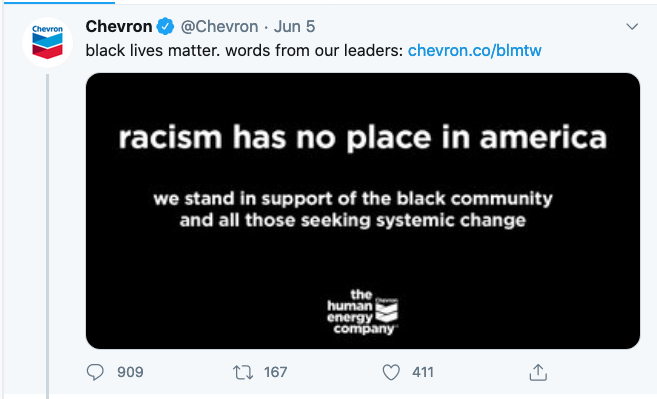
The U.S. oil industry is lobbying for the Biden to go soft on Russian sanctions despite Ukraine invasion. "Sanctions should be as targeted as possible in order to limit potential harm" to U.S. companies, said the American Petroleum Institute.
Recall, between 2011 - 2013, then Exxon CEO Rex Tillerson signed cooperation agreements for 10 joint ventures with Russia’s Rosneft. As a result, Exxon's Russian holdings mushroomed to become nearly five times larger than its second-largest holdings—those in the U.S.
But in 2014, the Obama/Biden admin imposed oil sanctions against Russia after it invaded Crimea. The sanctions allowed some Exxon projects, but none of its Arctic or other offshore exploration, not only halting these operations but also making it impossible to book the reserves.
Today, the oil industry is hoping the stop a repeat of those Obama Crimea-era energy sanctions, despite the fact that Russia's reliance on its fossil fuel wealth has only grown in the intervening years, making sanctions potentially more potent.
reuters.com/world/us/us-co…
reuters.com/world/us/us-co…
• • •
Missing some Tweet in this thread? You can try to
force a refresh




